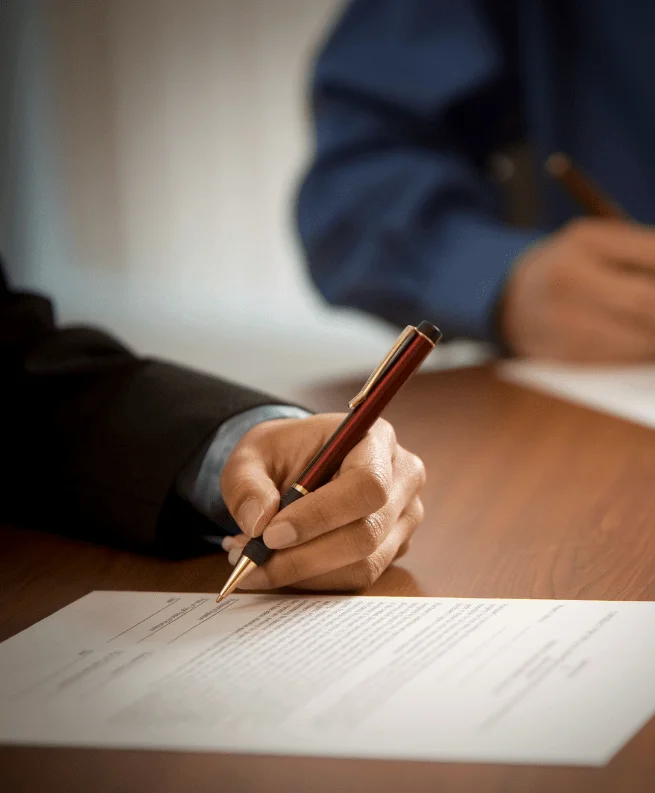
China, the world’s second largest economic power, has taken a momentous step in the legal arena by issuing the first conviction for copyright infringement related to images generated by artificial intelligence (AI). This ruling, issued by the Beijing Internet Court, marks a global precedent at the intersection of technology and law.
Internet Courts
The first Internet Courts in China were established in late 2017, with locations in Hangzhou, Beijing and Guangzhou. Its creation responded to the need to resolve more than 800 million disputes related to the digital environment that afflicted Internet users. These courts integrate artificial intelligence tools, such as real-time advisory services that guide users on litigation. Thanks to these innovations, they have been able to process approximately 9,660 cases in less than 37 days, marking a milestone in judicial efficiency.
Case Context
The Beijing Internet Court settled an unprecedented dispute. The plaintiff, Mr. Li, used AI software to generate an original image of a woman that he subsequently posted on the Xiaohongshu platform. However, the Respondent, a blogger, reused the same image on his website without authorization, which prompted Mr. Li to file a lawsuit alleging copyright infringement.

Who Copyrights AI Creations?
The key question to be resolved by the court was: Can a person be recognized as the copyright holder of an AI-generated image?
The court's ruling was clear and affirmative. The ruling emphasized that AI-generated images can meet the originality requirements as long as they reflect significant intellectual effort on the part of the human creator. The court based its decision on the following points:
- Human intellectual investment: The creative process included the conceptual design of the characters, the selection and organization of keywords, and the configuration of specific parameters for the AI. In addition, the creator supervised and adjusted the aesthetics of the image until it met his expectations.
- AI as a tool, not a creator: The court emphasized that AI does not act as an autonomous creator, but as an advanced tool, similar to design software. Originality lies in the human decisions made during the creative process.

Implications of the Ruling
The court recognized Mr. Li as the unequivocal author of the work, due to his direct role in shaping the AI model to obtain the portrait in question. Therefore, Mr. Li owns the copyright on the generated image and is protected by Chinese copyright law.
This ruling has far-reaching implications:
- Strengthens the legal protection of AI-generated works, provided there is a significant human contribution.
- Establishes a line of defense against unauthorized use of AI-created images.
- It opens a debate on the role of originality and authorship in the age of artificial intelligence.
Reflection
The Beijing Internet Court ruling not only sets a precedent in China, but also sends a message globally about how legal systems can adapt to the complexities of the digital age. In a world where AI is transforming entire industries, this decision underscores the importance of recognizing and protecting the human effort behind technological creations.
Are we prepared for the legal challenges posed by artificial intelligence? This case invites reflection on the necessary evolution of law to address the ethical and legal dilemmas at the intersection of technology and creativity.
Bibliography
Intellectual property library. (November 28, 2023). Ruling on the first case of copyright infringement of AI-generated images. Retrieved from https://mp.weixin.qq.com/s/Wu3-GuFvMJvJKJobqqq7vQ
Romero, M. D. (2020). Internet courts in China: a new headache or transactional advancement of attributed jurisdiction criteria? Retrieved from Anuario de la Maestría de la Maestría en Derecho Internacional Privado y Comparado.











